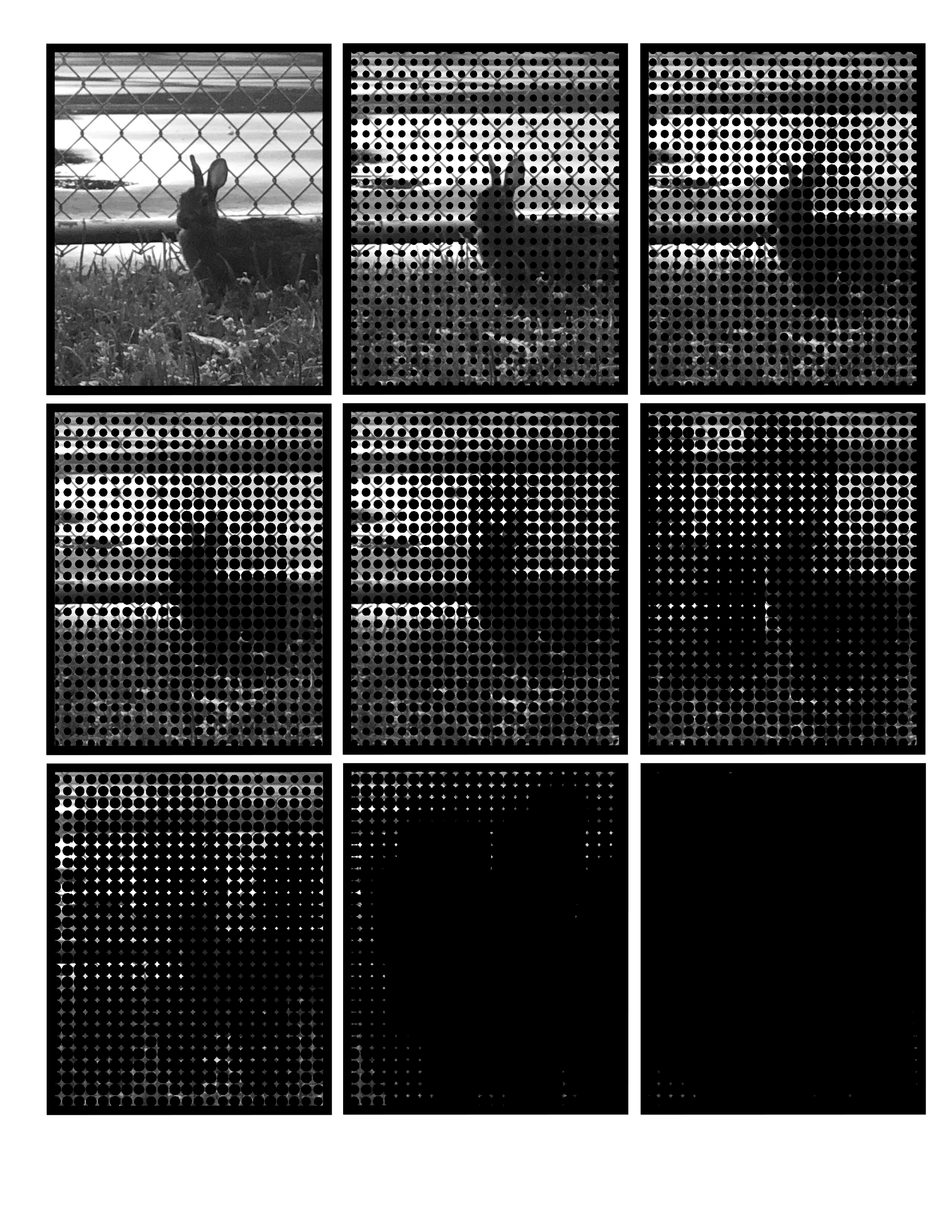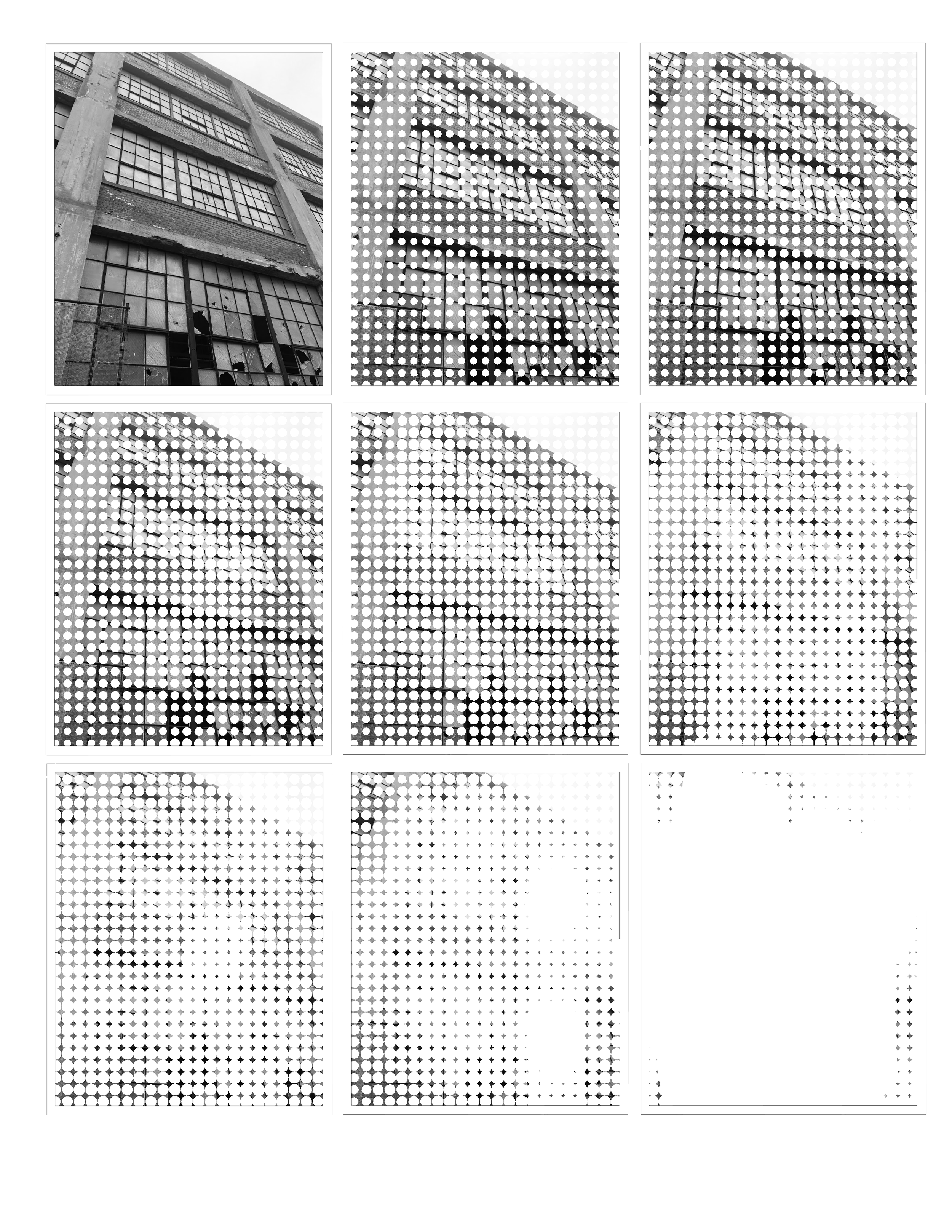Artifact #008, collected by S. Greenfield. Dated circa A.S. 893, found in Henderson, Nevada. Artifact compiled with similar data entries from continents on Lux to create opportunities for parallel analysis.
Environmental Memory
Now
I
It is night. Or day. Whatever that means anymore. The boy is 12, too young to remember. He looks up at the night (day?) sky. Snow flurries down. It is colder now, colder than his parents remember. There are streetlights here. Their soft, newly-installed glow falls to the ground with the flakes of magic. The boy’s pupils constrict in the light and his lids flutter to avoid the falling moisture. He sticks out his tongue and laughs. His parents shout for him to be careful.
The farmer dons a no-longer-worn jacket and laces up an old pair of snow boots. The day (or night?) before was marked by the now-rare darkening of the heavens. He trudges outside and his hand shoots up to shield his dilating pupils; the light of the suns reflects and refracts off the snow in a blinding brilliance. He reaches for a shovel and suns-glasses and starts to clear a path that he hopes he won’t have to clear again.
II
She sleeps with her eyes open and lies on what used to be a park bench. Her life is kept in the shopping cart beside her. Her hair is bejeweled with icicles but she can only feel them when they cut her neck when she is awoken by the police or hunger or the beginnings of frostbite. And the sound. That incessant clinking sound of the icicles in her hair amidst the white noise of the howling wind. For some reason, that is what keeps her awake the most.
They thought the grass would be greener in the brightness. But no. It has grown brown in the bath of suns-light — over-saturation is not like it is for pictures. The children no longer play here, the brittle stalks snap in their wake and their skin gets reddened even when they apply suns-screen like their mothers tell them. They sit inside where they try to find shelter from the light. But they can’t escape from the heat. It is relentless.
III
She drives in an old model of those self-sustaining-nuclear-thingamawhatsits and she escapes Canada in the blackness of the afternoon. She travels by flickering headlights but continues on for a chance of heat. Or light. Or more chances. She is stopped at the border between the old PTH 75 and I-29. They waste their precious power to keep out people like her, she sees that now. But this time, she is lucky. They let her through and she leaves her home forever frozen in memory and ice.
They are the lucky ones — they left for Antarctica before they saw their homes drown. They cross the ocean now on an old trading ship to join the other settlers. They are from Bangkok, New Orleans, Venice. The sinking cities of old. The water is cold but not freezing, and the November heat is pleasant on their necks. There is day year-round, now. They suppose it is one of the few blessings of the suns. They have been waiting for shore long enough — there! The arid cliffs and rocky shores of their new home await them.
IV
The Amazon is encased now in a blanket of snow. Tree husks loom over the frosted floor and icicles are stalactites on the cave ceiling of the murdered canopy. The cities held out the longest, but now wind whistles through the frozen casings of concrete skyscrapers just like it does through the trees. It echoes a lone wolf’s howl through the void. But the wolves now lie next to the frogs and monkeys and people that were put to rest in the darkness.
Floods are frequent now and cities have drowned. But those were predicted. Or small. They are not the tsunamis that impossibly force entire countries to move within an hour. Families say their goodbyes and their eyes take in the light of the two suns. As waves envelop the shores of continents, the tallest skyscrapers crumble. And the two orbs of fire keep watch. Their light is almost pretty in the water’s sparkle.

